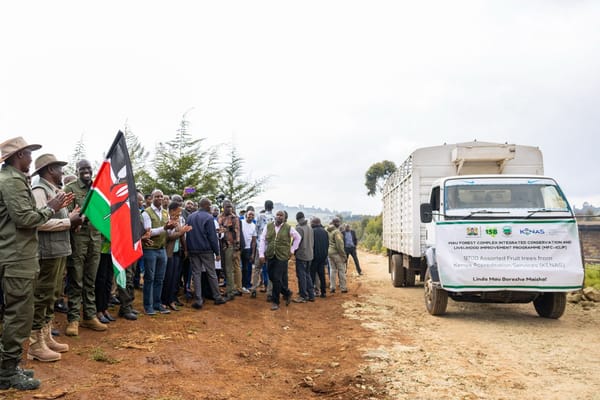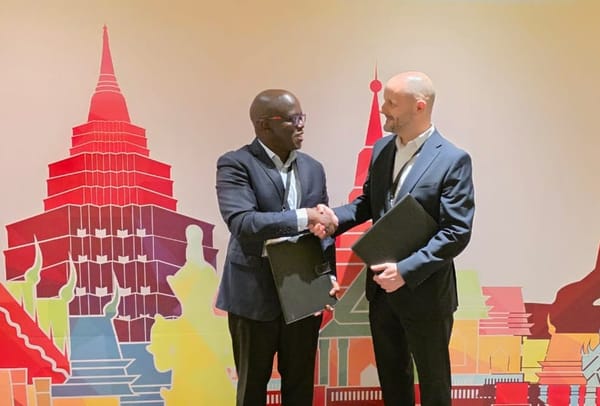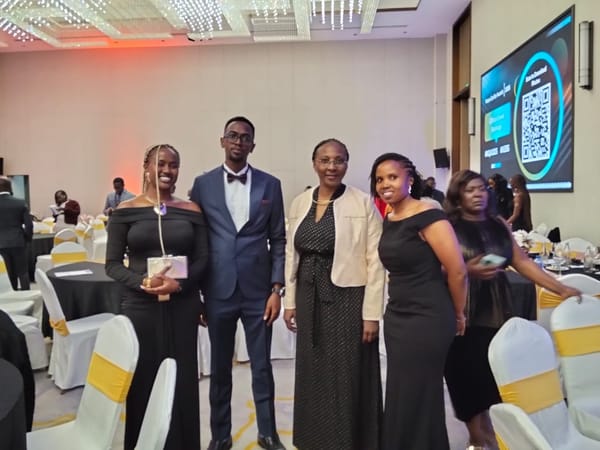Strengthening Quality in Wildlife Research and Conservation: KENAS and WRTI Forge Strategic Partnership
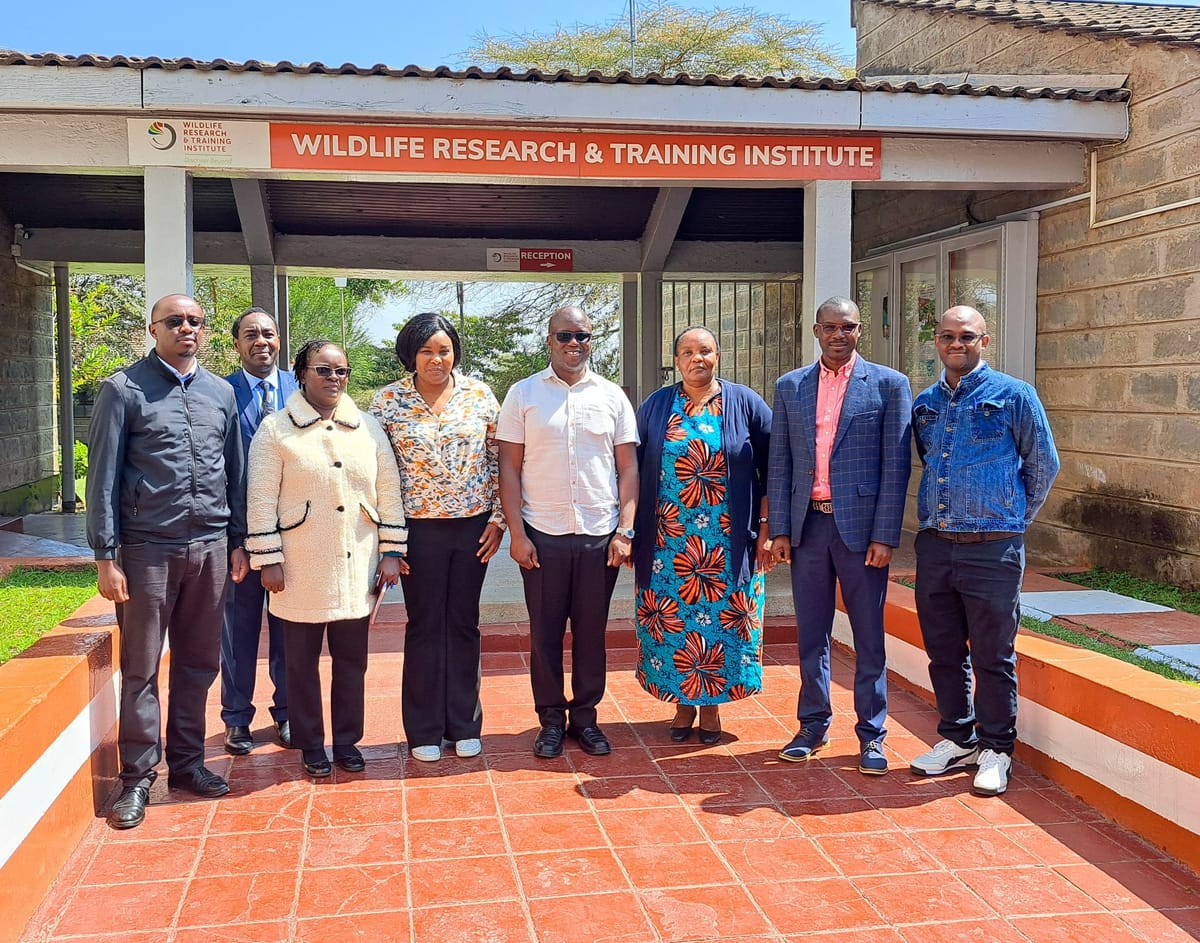
In a landmark engagement aimed at enhancing quality systems in wildlife research and public health, the Kenya Accreditation Service (KENAS) and the Wildlife Research and Training Institute (WRTI) have initiated a strategic collaboration to elevate standards in laboratory science and conservation.
KENAS CEO, Dr. Walter Ongeti, paid a courtesy visit to WRTI headquarters in Naivasha, where he was warmly received by Ms. Nelly Caroline Kuboka, Ag. Deputy Director for Corporate Planning, Partnerships and Strategy, on behalf of WRTI Director Dr. Patrick Omondi.
Also present during the meeting were:
- Dr. David Ndeereh, Deputy Director for Research
- Dr. Vincent Obanda, Head of Research Permitting and Compliance
- Dr. Stephen Karanja, Head of ICT
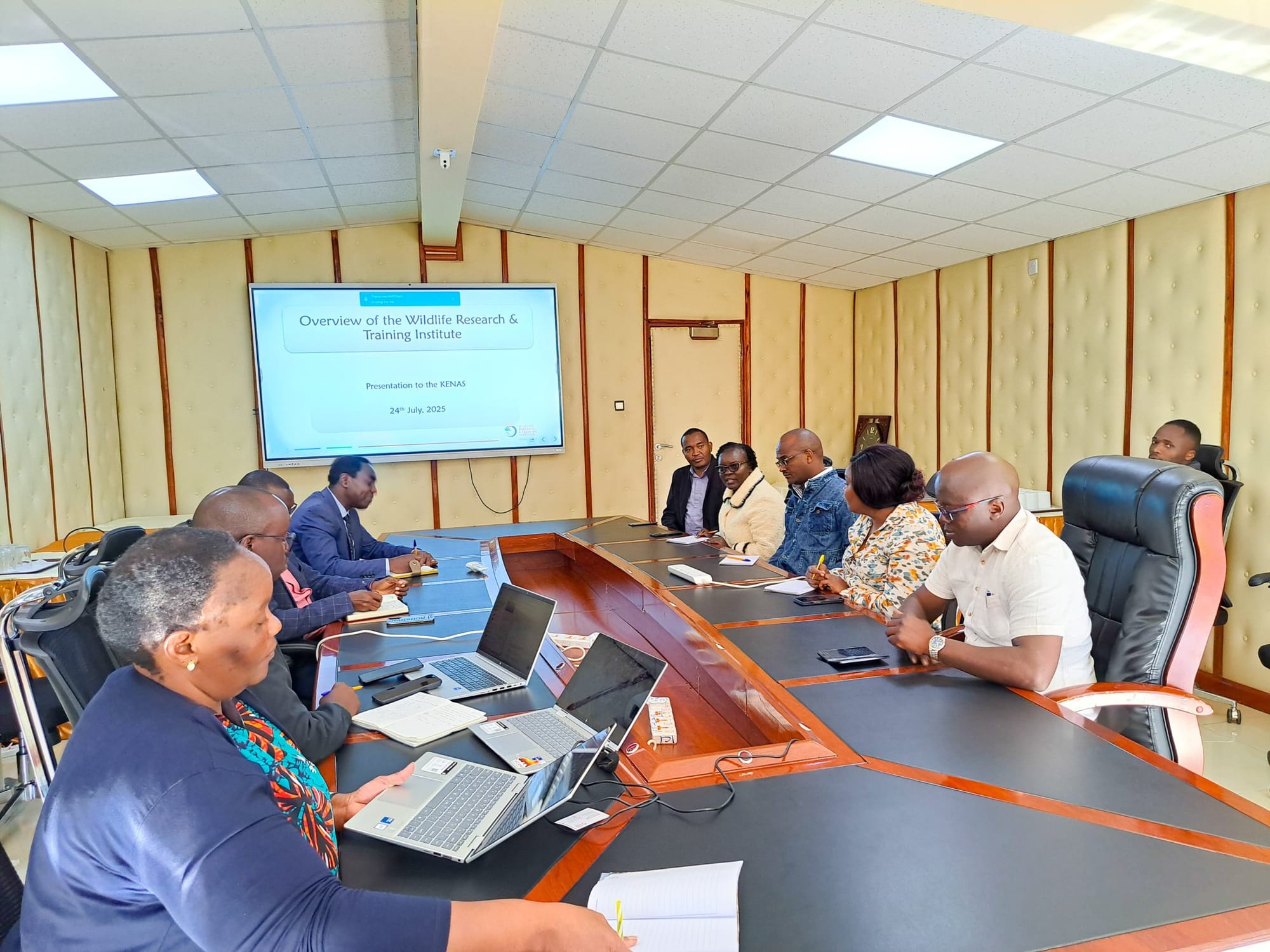
Laying the Groundwork for Quality-Driven Conservation
The high-level discussions focused on establishing a collaborative framework between KENAS and WRTI to support:
✔ Accreditation of veterinary and genetics laboratories
✔ Quality assurance in wildlife disease surveillance and forensic science
✔ Technical training on quality management systems
✔ Participation in international scientific and accreditation conferences
✔ Long-term strategies to ensure global recognition of research outcomes
“WRTI plays a critical role in Kenya’s biodiversity protection and public health through its research, forensics, and surveillance work,” said Dr. Ongeti.
“But to ensure that data and results are globally accepted and admissible in both scientific and legal domains, the underpinning laboratory systems must meet international quality benchmarks such as ISO/IEC 17025:2017 and ISO 15189.”
Why Accreditation Matters in Wildlife and One Health Research
Wildlife-related laboratories—especially those handling disease surveillance, genetics, and forensics—require rigorous quality systems to guarantee the reliability, repeatability, and scientific validity of their findings. Accreditation to international standards strengthens the credibility of research, facilitates cross-border data sharing, and builds trust in conservation science.
“Quality infrastructure is the foundation of reliable science, trade facilitation, and prosecutorial credibility. We must not take calibration, equipment reliability, or quality management for granted,” Dr. Ongeti emphasized.
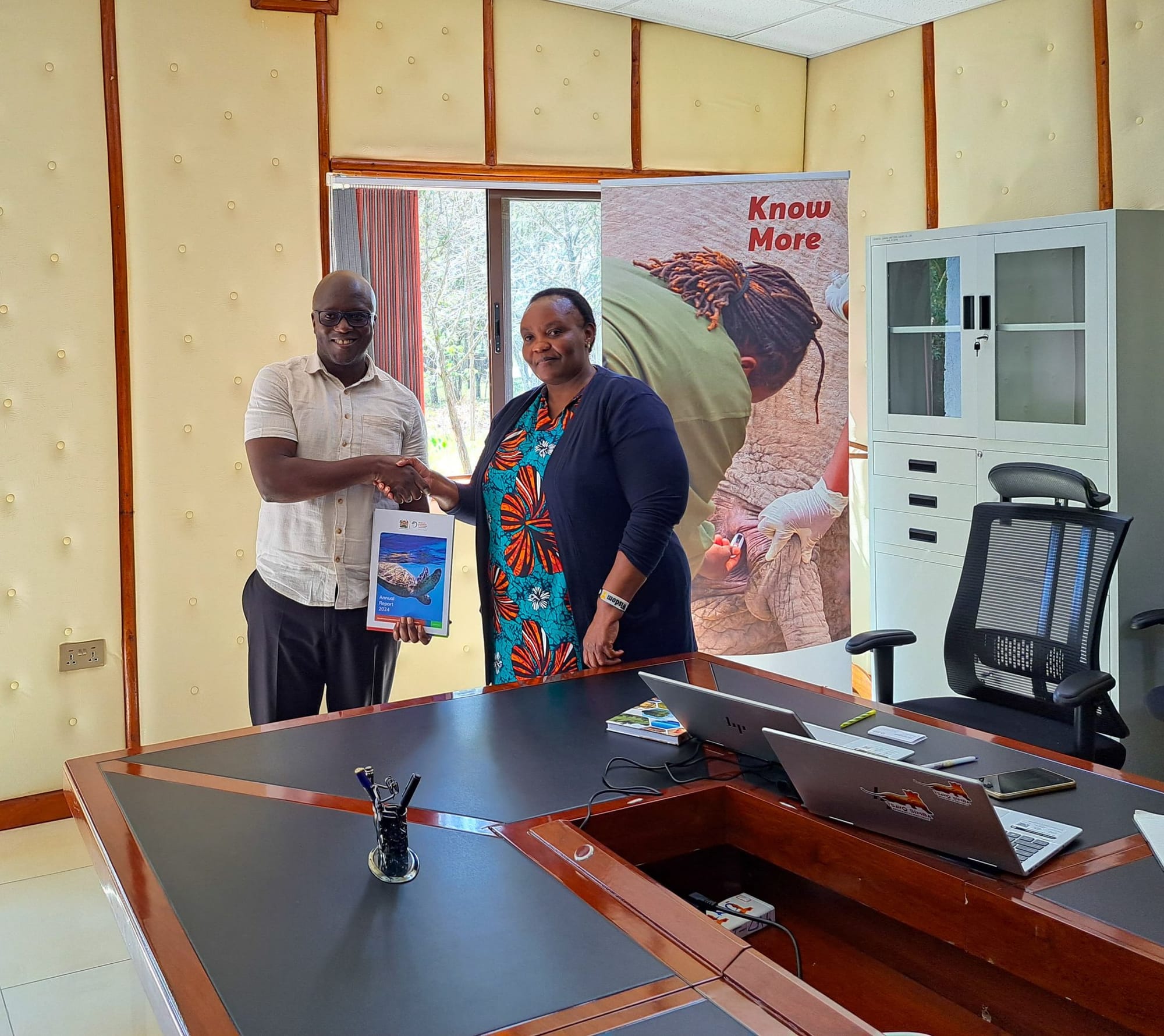
Joint Commitments Moving Forward
KENAS reaffirmed its commitment to:
- Conduct gap assessments and provide technical guidance to support WRTI’s journey toward accreditation
- Offer training, mentorship, and awareness sessions on quality and risk-based management systems
- Facilitate WRTI’s participation in the International Wildlife Scientific Conference (September 2025) and the International Accreditation Conference (November 2025)
Both institutions also acknowledged the need to align this partnership with Kenya’s One Health agenda, which integrates human, animal, and environmental health systems to better manage zoonotic diseases and preserve biodiversity.
A Vision for Regional Impact
This collaboration is a stepping stone toward developing a national and regional network of accredited scientific institutions, fostering excellence in conservation and health research across Africa.
As Kenya positions itself as a hub for biodiversity science and quality-driven research, partnerships like this underscore the nation’s resolve to uphold international best practices in wildlife protection and public health.
“WRTI plays a crucial role in public and animal health through its research and surveillance labs. However, for results to be globally recognized, the labs must operate under robust quality systems. Accreditation is a critical step in that journey,” — Dr. Walter Ongeti, CEO, KENAS

